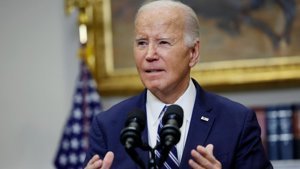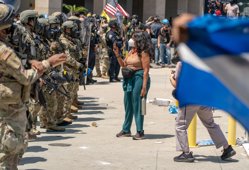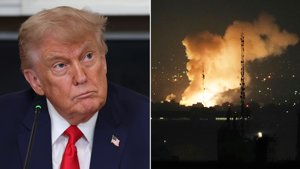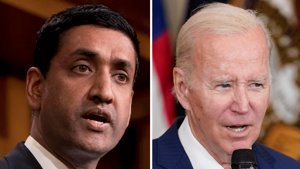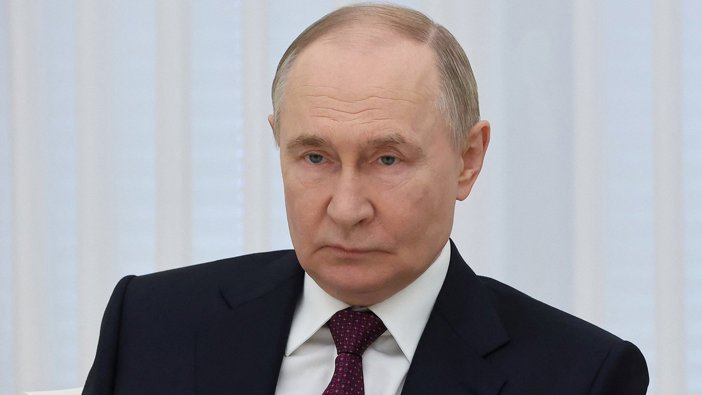
Russia Warns of Nuclear Crisis, Trump Rebukes Threats
Russia warns US strikes on Iran could spark nuclear catastrophe, while Trump rejects Moscow’s threats to arm Tehran.
Russia Issues Dire Warning After US Strikes on Iran
Global tensions surged following President Donald Trump’s decisive airstrikes on Iran’s Fordow, Natanz, and Isfahan nuclear facilities, as Russia’s United Nations ambassador warned the United States had opened a “Pandora’s box” with potentially catastrophic consequences. Addressing an emergency Security Council meeting, Russian envoy Vassily Nebenzia condemned the US operation, calling it “irresponsible, dangerous, and provocative.”
“Through its actions, the US has opened Pandora’s box, and no one knows what new consequences this may lead to,” Nebenzia stated, warning that the Middle East is now “on the brink of a large-scale conflict, fraught with unpredictable consequences for the entire international security architecture.” He argued that the world could find itself “on the verge of a nuclear catastrophe.”
Nebenzia accused the Trump administration of disregarding the radiological and humanitarian impact of the attacks, which he claimed endangered civilians throughout the region. He urged the United States to accept Russia’s offers of mediation and return to international negotiations, emphasizing that “responsibility for all this falls squarely on the shoulders of the American leadership.”
IAEA Confirms Damage, Nuclear Risks Highlighted
Director General Rafael Grossi of the International Atomic Energy Agency (IAEA) confirmed significant damage to Iran’s nuclear infrastructure, reporting that the explosive payloads and sensitive centrifuges at Fordow and Natanz sustained substantial harm. At Isfahan, cruise missile strikes also damaged buildings related to uranium processing, including entrances to tunnels for storing enriched material. Grossi noted that Iran had assured the IAEA there was no increase in off-site radiation at the affected sites.
Trump Rebukes Moscow’s Threats to Arm Iran
The diplomatic standoff intensified as former Russian President Dmitry Medvedev suggested other countries could supply Iran with nuclear warheads in retaliation. President Trump forcefully condemned this rhetoric, writing on Truth Social, “Did I hear Former President Medvedev, from Russia, casually throwing around the ‘N word’ (Nuclear!), and saying that he and other Countries would supply Nuclear Warheads to Iran? … The ‘N word’ should not be treated so casually.” Trump pointed to Russian President Vladimir Putin’s influence, remarking, “I guess that’s why Putin’s ‘THE BOSS.’”
Medvedev, now Russia’s Security Council deputy chairman, claimed on social media that Iran would continue to pursue its nuclear program and that “a number of countries are ready to directly supply Iran with their own nuclear warheads.” He did not specify which countries might be involved, but Russia has long supported Iran’s nuclear ambitions and has recently offered to broker peace talks between Iran and Israel.
Trump, in response, praised the performance of US military technology during the operation, particularly highlighting the role of a guided-missile nuclear submarine that launched more than two dozen Tomahawk cruise missiles at Iranian targets. “They are the most powerful and lethal weapons ever built, and just launched the 30 Tomahawks — All 30 hit their mark perfectly,” Trump stated, thanking the submarine’s captain and crew.
Escalation and Diplomatic Uncertainty
The US strikes, part of “Operation Midnight Hammer,” involved over 125 aircraft and marked one of the most significant military confrontations between Washington and Tehran. As diplomatic channels grow strained, Moscow’s warnings and threats to arm Iran add new complexity to an already volatile region. Russia’s call for restraint and negotiations was echoed by the IAEA’s ongoing monitoring, even as both Washington and Moscow blamed each other for increasing the risk of nuclear escalation.
With regional security hanging in the balance, world leaders face mounting pressure to prevent further escalation. The coming days will be pivotal as global powers grapple with the implications of the strikes, Russia’s nuclear warnings, and the urgent need for renewed diplomacy.


